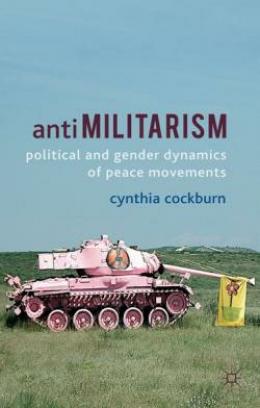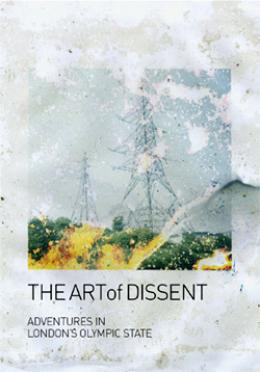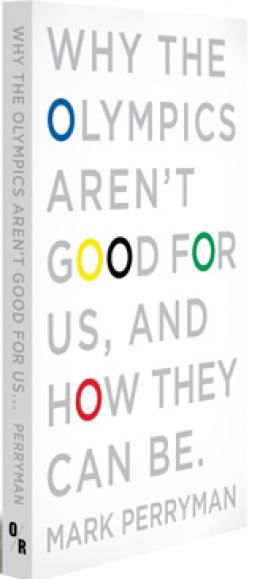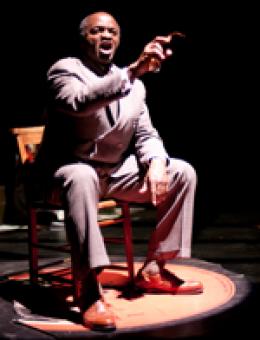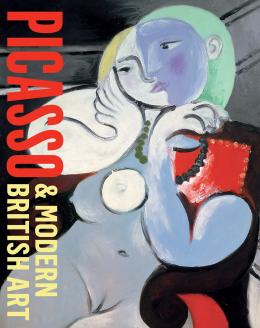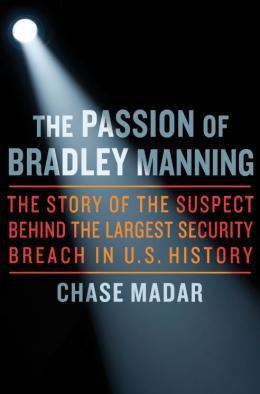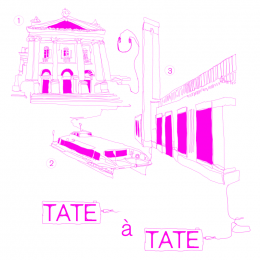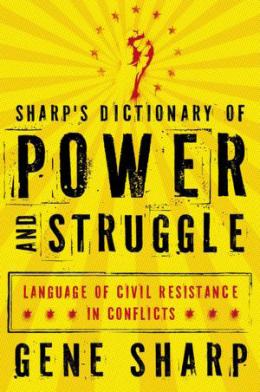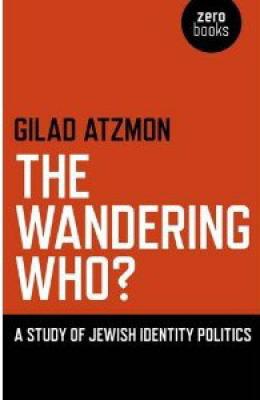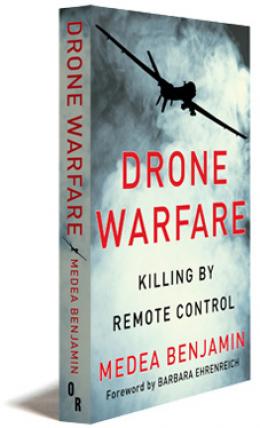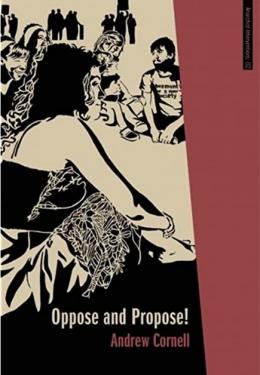I’ve never been that drawn to reading histories of the peace movement but this book, with its particular perspective, has been an exception. I do like a bit of theory and this book has just enough of it, accessibly written, to provide a framework for analysing and understanding the diverse cross-national case studies offered.
The framework is a feminist one which, as Cynthia Cockburn argues, ‘has opened up a pathway for the left’, and is a necessary rather than optional tool for understanding power relations, the relationship between…


